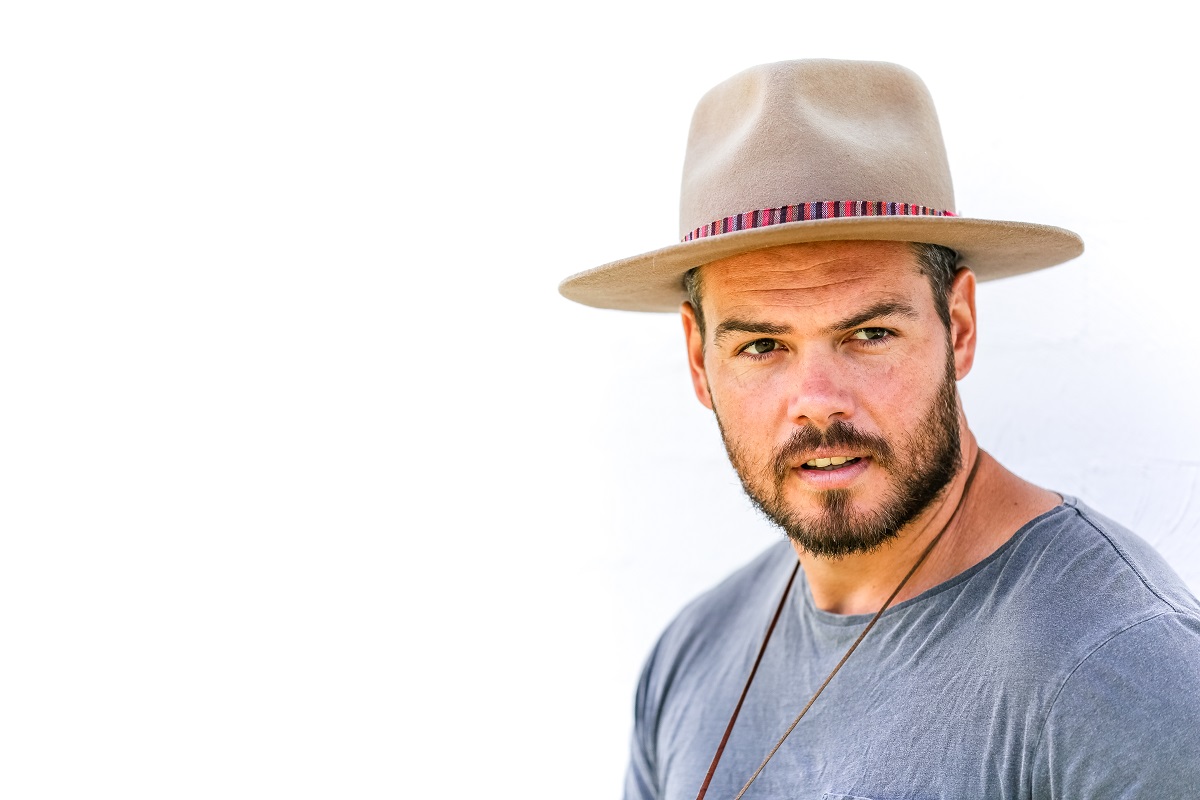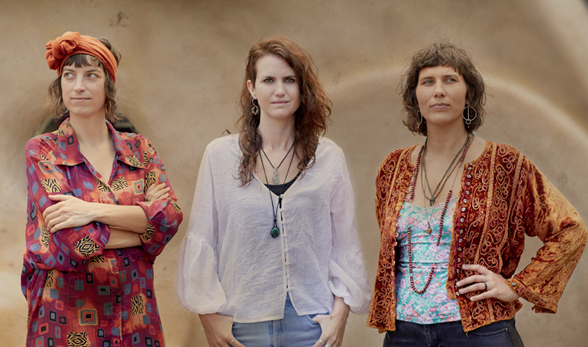It’s January 26th, and social media is raging with two kinds of rhetoric regarding the significance and appropriateness of the public holiday.
It’s a sombre, but pertinent, day to talk to Benny Walker. The musician is one of the many Indigenous Australians for whom Australia Day is a day of mourning, of invasion and survival. It is these people, one of whom is me, whose pain is at the centre of this debate.
Without question, Walker, a member of the Yorta Yorta clan of Echuca-Moama, wants to see the date of this national holiday changed.
“Changing the date, it’s quite a simple gesture to be made towards the first Australians in this country to show them that people are at least trying to understand. I think it can go a long way towards reconciliation in Australia,” Walker says, as he reflects on the back and forth that has dominated mainstream and social media alike in the prior days.
“It’s changed before, you’ll still get your long weekend, and you can do it in a way that’s not throwing it back in the face of the first Australians.
“To have this kind of resistance against it, [the date] obviously means a lot to Aboriginal people. As far as us asking for a change, and there being rallies and marches held today, and festivals anti-Australia Day, or pro-Survival Day or Invasion Day.”
But Walker is also keen to note progress. Though 2018 saw no official change in the date, it, of course, marked the first year that triple j moved their inaugural Hottest 100 from January 26, to the last Saturday of January, after a vote was put to their listeners on the matter.
“It’s so significant because they’re influencing the youth of Australia. Whether they like it or not, they have a powerful voice, and it gets heard really broadly, and for them to make a change like that and stick to it even after they would’ve copped a lot of backlash, speaks volumes of what they’re about,” Walker says of the move, which although praised by many, was met with resistance from others.
“The change is going to help educate people that may have been initially frustrated with the change, and help them look a little deeper and try to understand why the decision to change the date on triple j’s part is really important,” Walker says.
The extremely talented singer-songwriter has music pulsing in his veins. His grandfather Archie Walker is renowned in their region as a guitar player. Archie’s son, and Benny’s father, Rob, has played guitar in bands for much of his life.
“I’m lucky in the fact that I was born with Aboriginal heritage. I’ve had the opportunity to travel and interact with mobs in different communities, and do workshops and play in festivals, and experience that in a way that a lot of people wouldn’t be able to,” Walker says.
One such opportunity is his upcoming appearance at the Yalukut Weelam Ngargee festival, an annual celebration of Indigenous Arts and Culture festival.
Celebrating its 13th year, the free, family-friendly festival takes place in St Kilda’s O’Donnell Gardens, a significant meeting place in Aboriginal culture.
“I’ve been lucky enough to play there a couple of times, and was happy to play in the middle of the afternoon among a group of amazing artists,” Walker says, reflecting on his evening slot that will finish the festival.
“I love playing this festival. There are worse places in the world to perform than in a park down near the beach at St Kilda.”
Walker sits comfortably among a huge lineup of Indigenous Australian talent for the festival, including Emily Wurramara, and Hottest 100 charting Baker Boy, to name but a few. Festivals like this one are a humbling experience, Walker says, and a great reminder of all that Indigenous Australia has to offer.
“I get to see new artists just about every time I do a festival like Yalukut Weelam Ngargee. It reminds you and hits you in the face with just how much talent there is among Aboriginal people in Australia. You could easily put together mainstream festival lineups just with Aboriginal acts.







